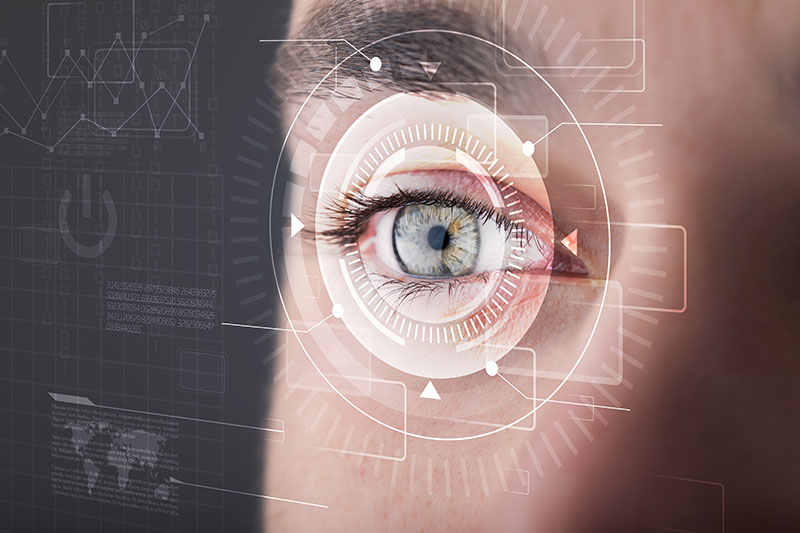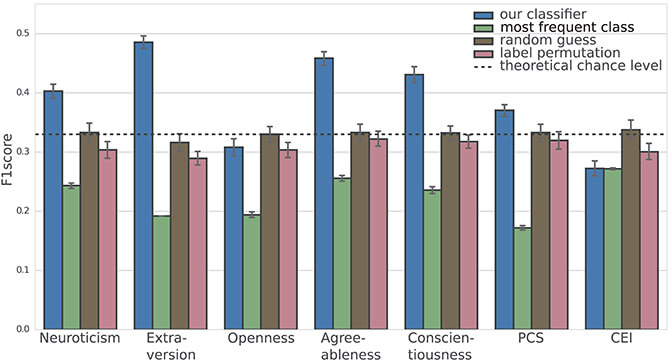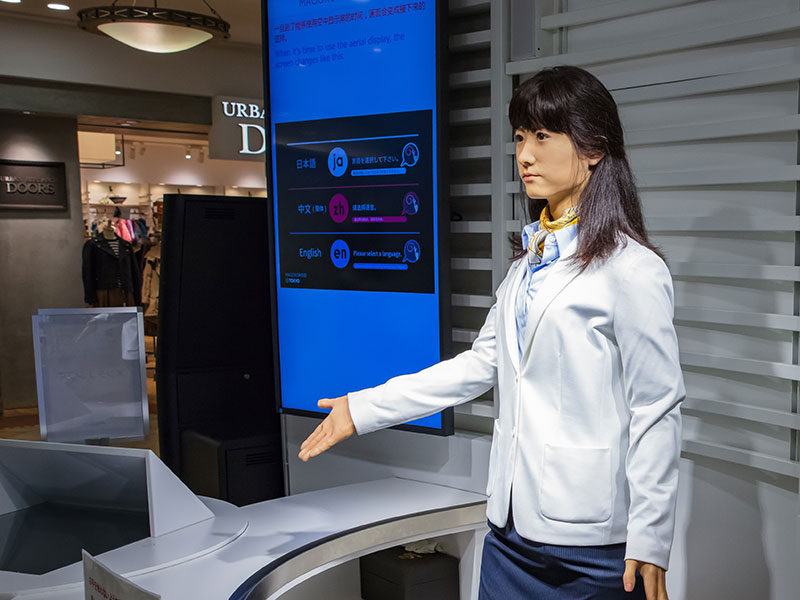
1st August 2018 AI can predict personality just from looking at eyes Researchers have used artificial intelligence (AI) to demonstrate a link between personality type and eye movements.
It's often been said that the eyes are the window to the soul, revealing what we think and how we feel. Now, new research reveals that your eyes may also be an indicator of your personality type, simply by the way they move. Developed by the University of South Australia in partnership with the University of Stuttgart, Flinders University and the Max Planck Institute for Informatics in Germany, the research used state-of-the-art machine-learning algorithms to demonstrate a link between personality and eye movements. The findings show that people's eye movements reveal whether they are sociable, conscientious or curious, with the algorithm software recognising four of the Big Five personality traits: neuroticism, extroversion, agreeableness, and conscientiousness. While these scores are still quite low (all below 50%), they are significantly above the level of random guesses. This technology may be in its infancy, but with further refinement to the algorithms, there is potential for improvement in the future.
Researchers tracked the eye movements of 42 participants as they undertook everyday tasks around a university campus, and subsequently assessed their personality traits using well-established questionnaires. Dr Tobias Loetscher (University of South Australia) said the study provides new links between previously under-investigated eye movements and personality traits and delivers important insights for emerging fields of social signal processing and social robotics. "There's certainly the potential for these findings to improve human-machine interactions," Dr Loetscher says.
"People are always looking for improved, personalised services," he continues. "However, today's robots and computers are not socially aware, so they cannot adapt to non-verbal cues. This research provides opportunities to develop robots and computers so that they can become more natural, and better at interpreting human social signals." According to Dr Loetscher, this study also provides an important bridge between tightly controlled laboratory studies and the study of natural eye movements in real-world environments. "This research has tracked and measured the visual behaviour of people going about their everyday tasks – providing more natural responses than if they were in a lab," he explains. "And thanks to our machine learning approach, we not only validate the role of personality in explaining eye movement in everyday life, but also reveal new eye movement characteristics as predictors of personality traits." His team's study is published in the peer-reviewed journal Frontiers in Human Neuroscience.
Comments »
If you enjoyed this article, please consider sharing it:
|









